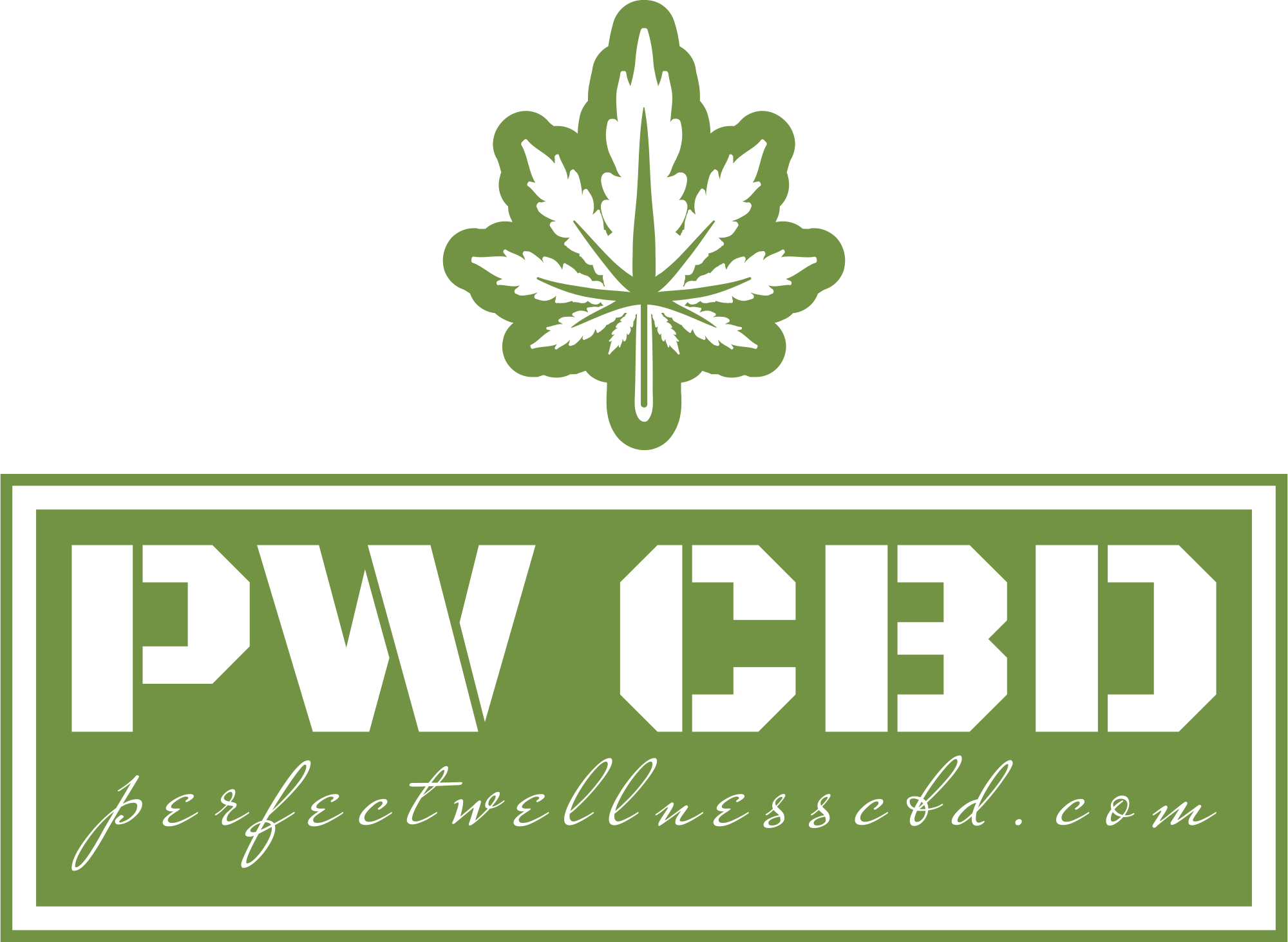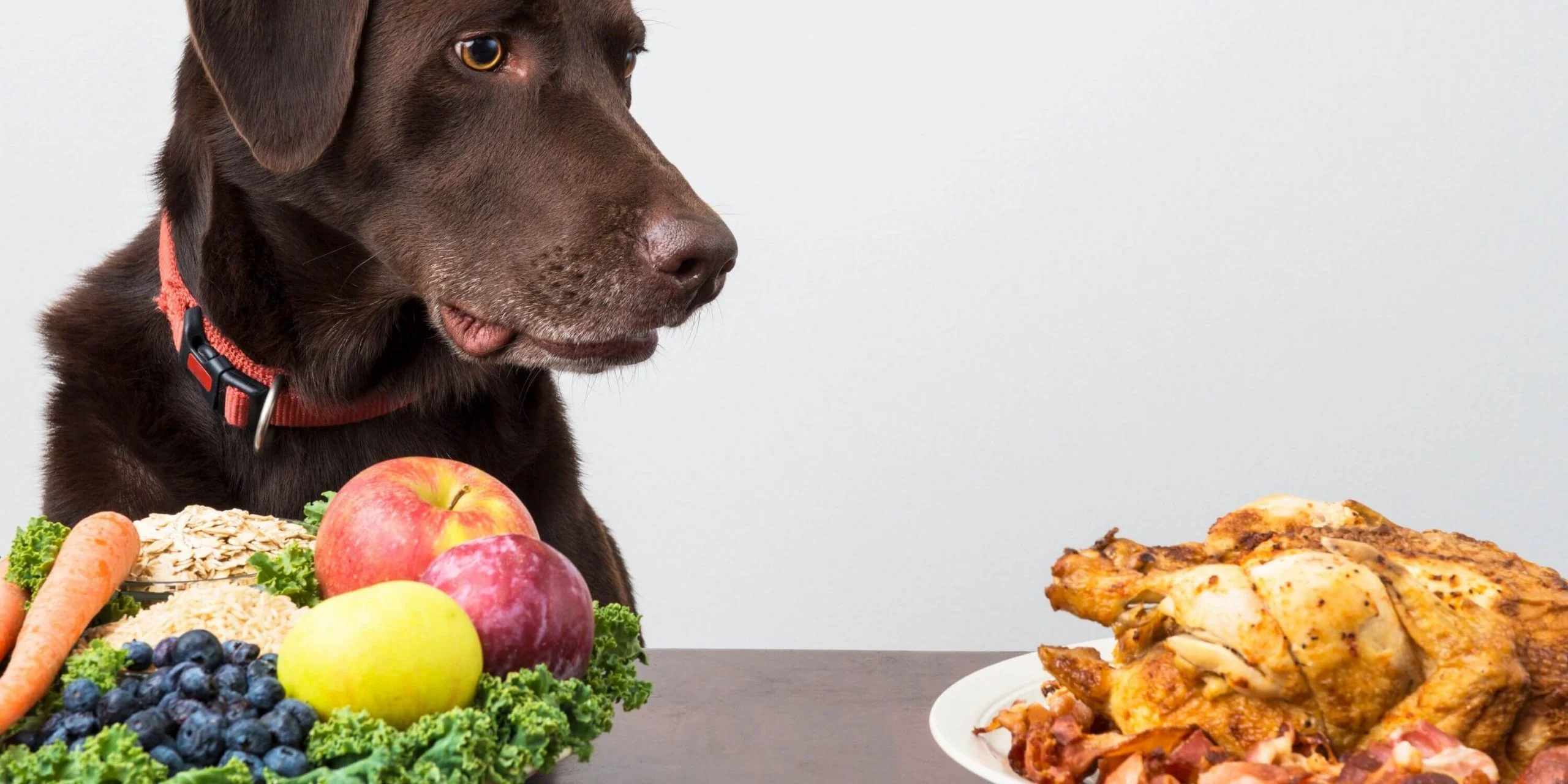Safe Human Foods for Dogs
When feeding your dog human food, it’s essential to know which foods are safe and beneficial for their health. Here’s a detailed list of dog-friendly foods
Lean Meats
Safe Options
Cooked chicken, turkey, lean beef, and pork without added seasonings, sauces, or cooked bones are excellent protein sources for dogs.
Preparation
Ensure the meat is well-cooked to avoid the risk of foodborne diseases and always remove bones which can splinter and cause internal injuries.
Certain Fruits
Safe Options
Apples (cored and seeds removed), bananas, blueberries, strawberries, and watermelon (without the rind) are safe for dogs in moderation.
Benefits
These fruits are rich in vitamins and fiber, which can benefit your dog’s immune system and digestion.
Precautions
Always introduce any new fruit in small amounts to check for any adverse reactions.
Vegetables
Safe Options
Carrots, green beans, peas, and broccoli are safe for dogs to eat.
Benefits
These vegetables are low in calories and high in dietary fiber and vitamins.
Preparation
Serve them raw, steamed, or boiled, but without any seasoning or oils.
Whole Grains
Safe Options
Cooked rice, oatmeal, and certain pasta can be good energy sources for dogs.
Benefits
These grains are an excellent source of carbohydrates, which can give dogs energy.
Precautions
Ensure grains are cooked without salt or any fatty ingredients.
Dairy in Small Quantities
Safe Options
Plain yogurt, small amounts of cottage cheese, and bits of hard cheese can be acceptable.
Precautions
Be cautious as some dogs are lactose intolerant. Always start with small amounts to gauge your dog’s reaction.
Fish
Safe Options
Cooked salmon and sardines (without bones) are excellent sources of omega-3 fatty acids, which are good for your dog’s skin and coat.
Preparation
Ensure the fish is cooked and free from bones. Never feed raw or undercooked fish due to the risk of parasites.
Human Foods to Avoid
Some foods that are healthy for humans can be harmful to dogs. Here is a list of foods to keep away from your canine:
Chocolate
Hazard
Contains theobromine and caffeine, which are toxic to dogs and can lead to serious health issues, including death.
Onions and Garlic
Hazard
These can cause gastrointestinal irritation and could potentially lead to red blood cell damage.
Grapes and Raisins
Hazard
Can cause kidney failure in dogs, even in small amounts.
Xylitol
Hazard
This artificial sweetener found in many sugar-free products can cause insulin surge and liver failure in dogs.
Alcoholic Beverages and Caffeine
Hazard
Can cause intoxication, nervous system damage, and even death.
Macadamia Nuts
Hazard
Can cause weakness, depression, vomiting, tremors, and hyperthermia in dogs.
Avocado
Hazard
Contains persin, which can cause diarrhea and vomiting in dogs.
General Tips for Feeding Your Dog Human Foods
Moderation is Key
Even safe foods should be fed in moderation to avoid obesity and nutritional imbalances.
Introduce New Foods Slowly
Start with small quantities to monitor your dog’s reaction.
Consult Your Veterinarian
Always discuss with your vet before introducing new foods into your dog’s diet.
FAQs About Dogs and Human Food
Can dogs eat popcorn?
Plain, air-popped popcorn is safe for dogs in small quantities. Avoid buttered and salted popcorn.
Is peanut butter safe for dogs?
Yes, but it should be free of xylitol, a sweetener toxic to dogs. Always check the label before feeding your dog peanut butter.
How can I safely introduce new foods to my dog’s diet?
Introduce one new food at a time in small amounts. Monitor for any signs of digestive upset or allergies, and consult your veterinarian if you notice any adverse reactions.
Are eggs safe for dogs?
Yes, eggs are safe and nutritious for dogs if cooked thoroughly without oil or seasoning. Avoid raw eggs due to the risk of salmonella.
Can dogs eat citrus fruits?
Citrus fruits like lemons and oranges are not toxic to dogs but can cause stomach upset due to their acidity. It’s best to keep citrus fruits away from dogs.
What are the best treats for dogs?
The best treats are those made specifically for dogs, as they are formulated to be both safe and nutritious. However, small pieces of apple, carrot, or cooked lean meats can be good occasional treats.
Can dogs have spices in their food?
Most spices and seasonings should be avoided as they can irritate a dog’s stomach, and some, like onion and garlic powder, can be very harmful.
- Profhilo Treatment Near Ranmore, Surrey - May 31, 2025
- How To Use CBD Vape Pens For Effective Stress Management Throughout The Day? - May 30, 2025
- Sculptra Surrey – Collagen Stimulation Therapy Near Farleigh, Surrey - May 30, 2025


